Related Research Articles

Vanderbilt University is a private research university in Nashville, Tennessee, United States. Founded in 1873, it was named in honor of shipping and railroad magnate Cornelius Vanderbilt, who provided the school its initial $1 million endowment in the hopes that his gift and the greater work of the university would help to heal the sectional wounds inflicted by the American Civil War. Vanderbilt is a founding member of the Southeastern Conference and has been the conference's only private school since 1966.

Mount Olivet Cemetery is a 206-acre (83 ha) cemetery located in Nashville, Tennessee. It is located approximately two miles East of downtown Nashville, and adjacent to the Catholic Calvary Cemetery. It is open to the public during daylight hours.
Kenneth Lee Carder is a retired American bishop of the United Methodist Church, elected in 1992. Carder distinguished himself as a pastor, a member of Annual Conference and General U.M. agencies, a bishop, seminary professor, and an author.
Roy Clyde Clark was an American bishop of the United Methodist Church, elected in 1980.

The Vanderbilt Divinity School and Graduate Department of Religion is an interdenominational divinity school at Vanderbilt University, a major research university located in Nashville, Tennessee. It is one of only six university-based schools of religion in the United States without a denominational affiliation that service primarily mainline Protestantism.
James Geddes Stahlman was an American newspaper publisher and philanthropist. He was the publisher of the Nashville Banner. He was opposed to desegregation.
Kelly Miller Smith Sr. was a Baptist preacher, author, and prominent activist in the Civil Rights Movement, who was based in Nashville, Tennessee.

Bennett Harvie Branscomb was an American theologian and academic administrator. He served as the fourth chancellor of Vanderbilt University, a private university in Nashville, Tennessee, from 1946 to 1963. Prior to his appointment at Vanderbilt, he was the director of the Duke University Libraries and dean of the Duke Divinity School. Additionally, he served as a professor of Christian theology at Southern Methodist University. He was the author of several books about New Testament theology.
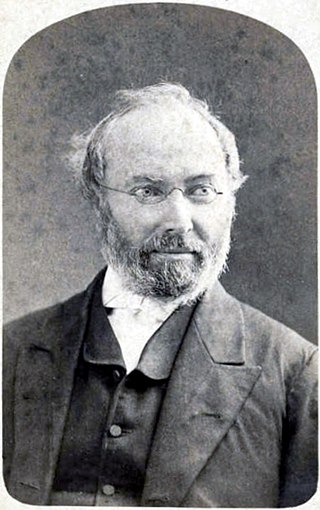
Thomas OsmondSummers was an English-born American Methodist theologian, clergyman, hymnist, editor, liturgist and university professor. He is considered one of the most prominent Methodist theologians of the nineteenth century.
Jesse Lee Cuninggim (1870–unknown) was an American Methodist clergyman and university professor and administrator. After serving as Head of the Department of Religious Education at Southern Methodist University in Dallas, Texas, he served as the President of Scarritt College for Christian Workers, which he moved from Kansas City, Missouri to Nashville, Tennessee.
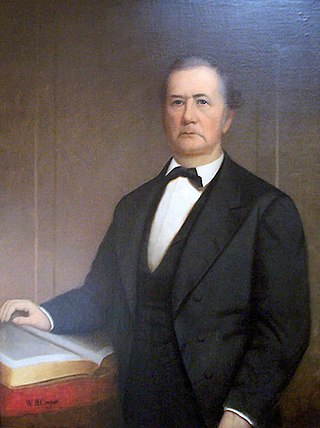
Alexander Little Page Green was an American Methodist leader, slaveholder, and co-founder of Vanderbilt University. He was the founder of the Southern Methodist Publishing House. He was instrumental in moving the Methodist General Conference to Nashville, Tennessee, where he was the minister of McKendree United Methodist Church. He was an authority on fishing.
John Keith Benton was an American theologian and university administrator. He served as the Dean of the Vanderbilt University Divinity School from 1939 to 1956.
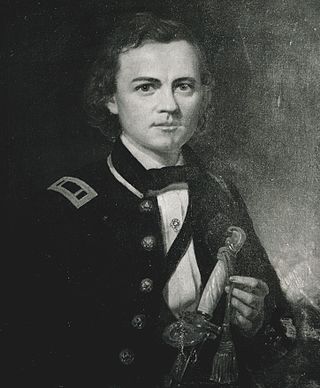
Thomas H. Malone (1834-1906) was an American Confederate veteran, judge, businessman and academic administrator. He served as the President of the Nashville Gas Company from 1893 to 1906. He served as the second Dean of the Vanderbilt University Law School from 1875 to 1904.
Robert A. Young (1824–1902) was an American minister of the Methodist Episcopal Church, South. A descendant of slaveholding planters, he served as a minister in many churches in Tennessee, Alabama and Missouri in the Antebellum South. He served as the President of Florence Wesleyan University (later known as the University of North Alabama in Florence, Alabama from 1861 to 1864. He supported the Confederate States of America during the American Civil War, and he did not believe in the "social equality of the Negro" after the war. He was a founding trustee of Vanderbilt University in Nashville, Tennessee.
Colonel Edmund William Cole was an American Confederate veteran and businessman. He was the president of the Nashville, Chattanooga and St. Louis Railway, and the founder of the American National Bank.
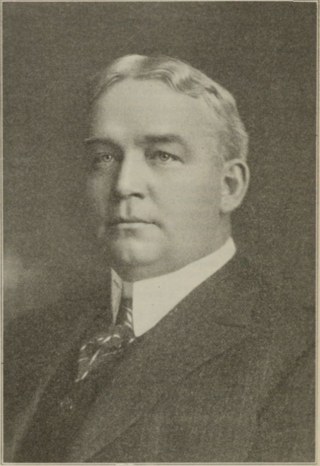
Whiteford Russell Cole was an American businessman. He was the president of the Louisville and Nashville Railroad from 1926 to 1934, and a director of many companies. During the railroad strike actions of 1921–1922, he threatened his workers with dismissal and loss of pensions. His mansion in Louisville, Kentucky, is the official residence of the president of the University of Louisville.
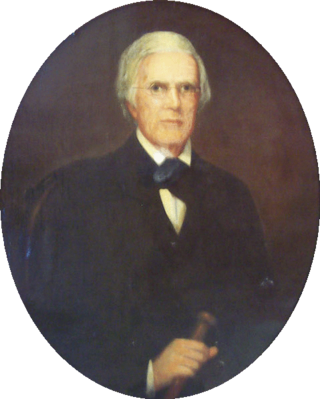
Joseph Thorpe Elliston was an American silversmith, planter and politician. He served as the fourth mayor of Nashville, Tennessee, from 1814 to 1817. He owned land in mid-town Nashville, on parts of modern-day Centennial Park, Vanderbilt University, and adjacent West End Park.
Earl Caspar Arnold was an American academic administrator. He served as the dean of the Vanderbilt University Law School from 1930 to 1945.
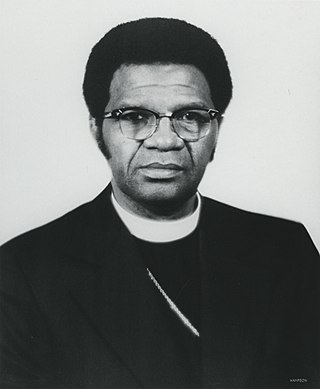
Joseph Andrew Johnson Jr. was an African-American theologian. He was a professor of New Testament at the Interdenominational Theological Center and Fisk University, and a bishop of the Christian Methodist Episcopal Church in Mississippi and Louisiana.
Bill Barnes was an American United Methodist minister. He was the pastor of Edgehill United Methodist Church in Nashville, Tennessee, from 1966 to 1996. Known as "the conscience of Nashville" for his civil rights, homelessness and LGBT advocacy, Barnes admitted in his 2007 book that he "grieve[d] over its divisions and exclusions, its racism and classism and Nimbyism."
References
- ↑ "Harmon". Nashville Scene. 24 July 2007. Retrieved 25 August 2019.
- 1 2 3 4 5 6 Waddle, Ray (July 28, 2007). "Community loses prison minister who simply lived his faith" . The Tennessean. p. B3. Retrieved October 15, 2018– via Newspapers.com.
- 1 2 3 4 5 Waddle, Ray (June 1, 1998). "Lending his voice to the poor" . The Tennessean. pp. 14–15. Retrieved October 15, 2018– via Newspapers.com.
- 1 2 3 Egerton, John (July 24, 2007). "Prisoner Advocate Harmon Wray Dies at 60". Nashville Scene. Retrieved October 15, 2018.
- ↑ "Divinity School Host. Prison Ministry Unit Sets VU Meetings" . The Tennessean. November 12, 1978. p. 22. Retrieved December 24, 2018– via Newspapers.com.
- 1 2 3 Lewis, Dwight (December 12, 1978). "More 'Criminal Concern' Urged" . The Tennessean. p. 36. Retrieved December 24, 2018– via Newspapers.com.
- ↑ Barry, Bruce (July 24, 2007). "Harmon". Nashville Scene. Retrieved October 15, 2018.
- ↑ McCullah, Jodi (August 5, 2007). "Harmon Wray honored peace by uniting people" . The Tennessean. p. A21. Retrieved October 15, 2018– via Newspapers.com.